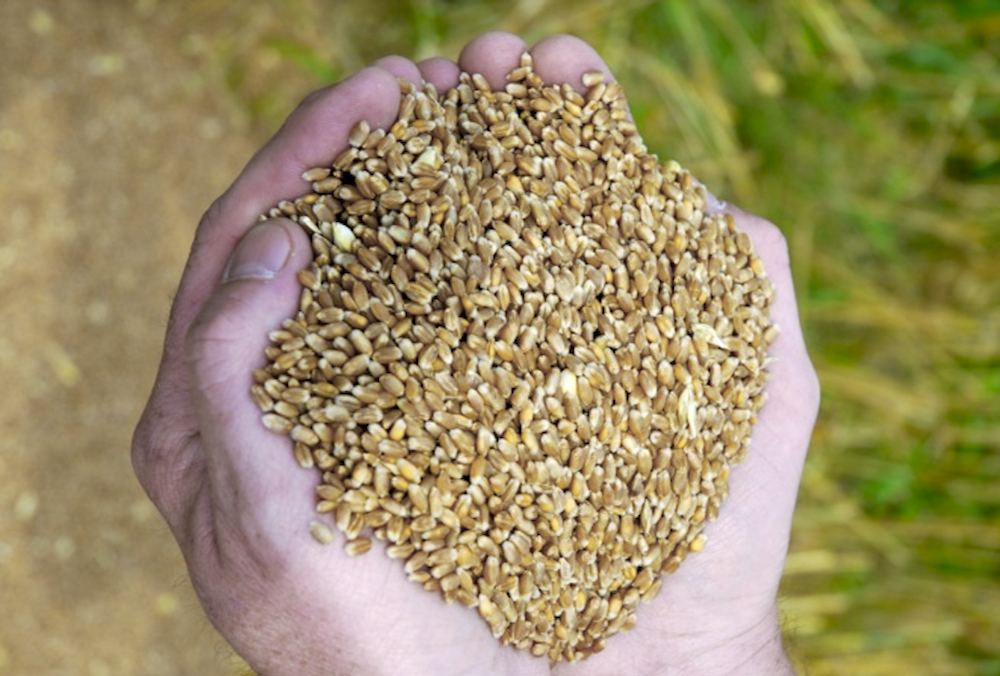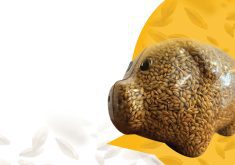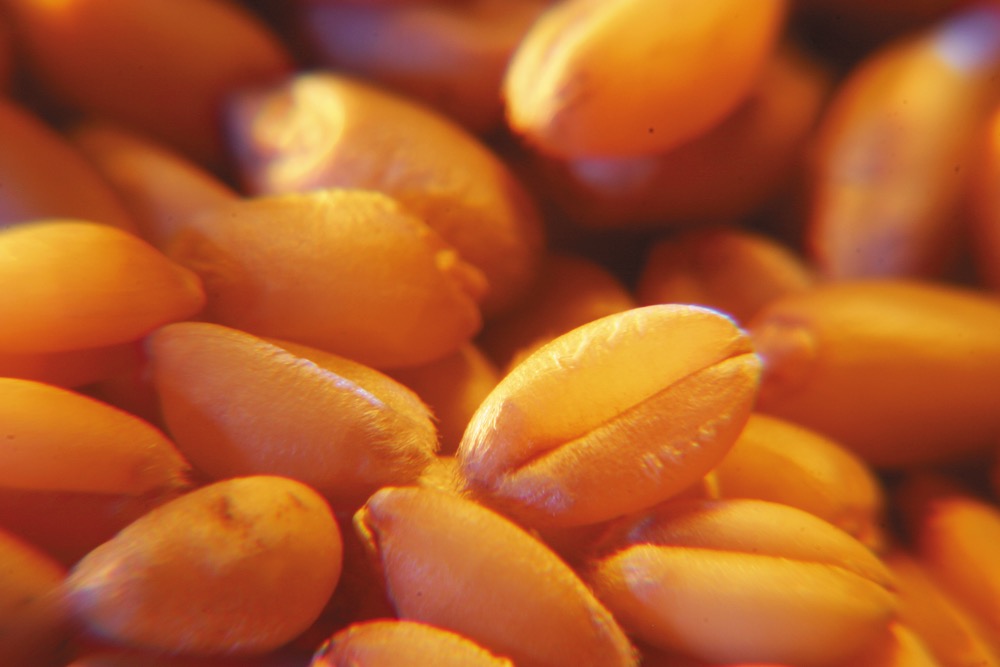Instead of replicated trials, farmers will have to rely on re-tweets to figure out the best varieties for their farms if Seeds Canada has its way in changing the regulatory framework for variety registration in Canada.
In an article on the seed regulation review in the Nov. 1 edition of this paper (‘Seed regulatory review reveals industry split‘), Seeds Canada’s policy director Lorne Hadley suggested farmers don’t need a well-regulated seed variety registration and certification system. He said they can simply deal directly with the seed companies if a seed lot or variety does not live up to their expectations. Hadley suggested that farmers will tweet if a variety is poor. So seed companies will protect their reputation by only bringing excellent varieties to market.
Now I like Twitter as much as the next person, but anecdotal data is simply not a replacement for the rigorous testing that seed varieties undergo in order to be registered in Canada.
Nor do I believe that standardized third-party seed crop inspections and licensed seed graders following publicly available standards can be replaced by a patchwork of commercial regulatory systems.
Seeds Canada suggests that instead of a single seed regulator — currently the Canadian Seed Growers Association — there should be a competitive marketplace of seed-certifying bodies in the Canadian seed industry.
What this means in practice is different companies could develop their own regulatory standards that they monitor in house.
While these standards may not necessarily be lower than the current Canadian Seed Growers Association standards, it will no longer be as easy for farmers or end-use customers to know what standards govern a particular seed lot. Currently there are publicly available Seed Tables that anyone can look up online. The seed growers’ association’s policy manual for seed crop inspections is also available online. I doubt many farmers avail themselves of these resources, but they are there and standard across the country nonetheless.
There’s a book called The Speed of Trust by Stephen Covey. I haven’t read it but read about it and I love the idea that when there’s trust we can do things quickly. I’ve been in business situations where there is low trust and all parties spend a lot of time making sure that roles and responsibilities are well defined in as many specific scenarios as possible.
Sometimes low-trust situations can turn into high-trust situations over time, but if trust remains low then there is always going to be ponderous poring over of accounts. In contrast, in high-trust situations people can move quickly and make decisions because they trust the system and the people involved.
I would describe Canada’s current seed regulatory environment as a high-trust system.
Farmers, grain end-users and international customers all know that varieties only get registered in Canada if they have undergone trials and meet certain standards. The blue certified seed tag means that the seed a farmer is buying has been inspected in field and after seed cleaning, and meets a minimum standard of purity and germination.
Farmers already spend time researching which crop types and varieties to grow. Without this high-trust seed system, farmers will also have to muddle through and figure out what standards these varieties meet.
Is there room for improvement in Canada’s seed regulatory system? Absolutely.
Technology has changed how we grow, process and certify grain and seed, and the system needs to be flexible and move more quickly.
However, lowering the bar for registering seed varieties or muddying the regulatory waters with numerous sets of standards will ultimately lower trust and slow down the ability of farmers and their customers to make clear-eyed decisions.
Sarah Weigum is a grain farmer and manager of Alect Seeds near Three Hills.















